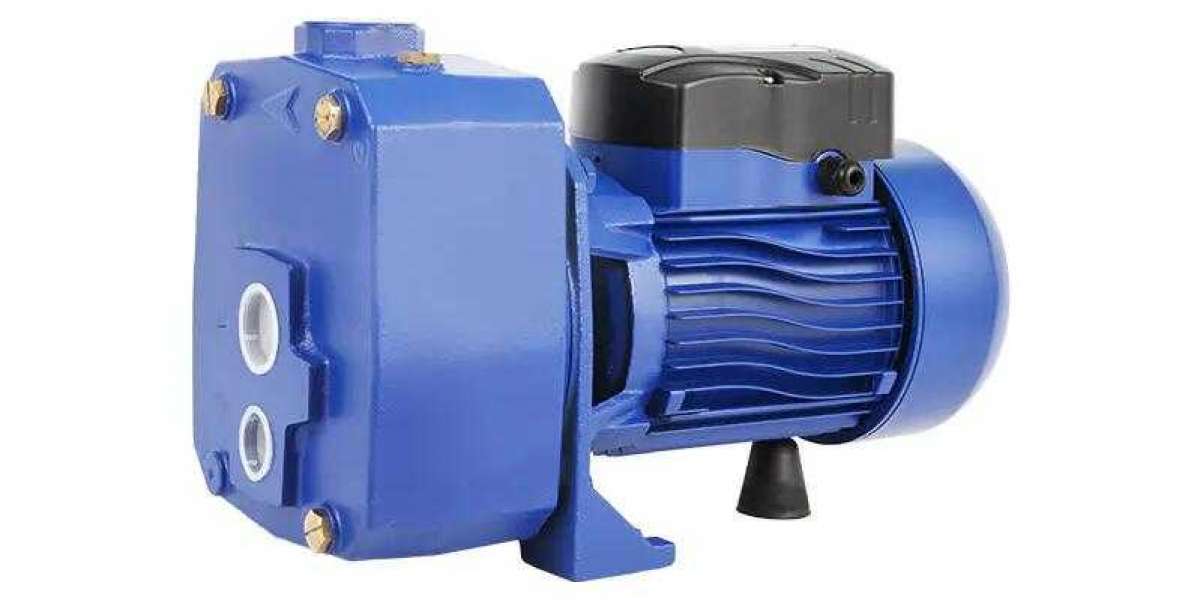Water pumps are a ubiquitous yet often overlooked part of our lives. They play a vital role in various sectors, from agriculture to industrial processes, and the manufacturers behind them are at the forefront of innovation. In this article, we explore the intersection of Water Pump Manufacturers and agriculture, highlighting their essential contributions to food production and beyond.
Water Pump Manufacturers: Innovators Behind the Flow
Water pump manufacturers are the driving force behind the technology that keeps our world flowing smoothly. They design and produce a wide range of pumps, each tailored to specific applications. Whether it's a centrifugal pump for municipal water supply or a submersible pump for groundwater extraction, these manufacturers are the unsung heroes ensuring we have access to clean and reliable water.
One of the most crucial roles of water pump manufacturers is developing efficient and sustainable solutions. In recent years, there has been a growing emphasis on energy-efficient pumps, driven by concerns about environmental impact and energy costs. Manufacturers are continually working to improve the efficiency of their products, reducing energy consumption and minimizing carbon footprints.
Agricultural Pump Manufacturers: Nurturing the Fields
Agricultural pump manufacturers specialize in creating pumps tailored to the unique needs of farming. Water is the lifeblood of agriculture, and these pumps ensure that crops receive the required irrigation. The agricultural sector heavily relies on the expertise of these manufacturers to optimize water usage, enhance crop yields, and increase food production.
One key innovation from agricultural pump manufacturers is the development of solar-powered pumps. These pumps harness energy from the sun, providing farmers in remote or off-grid areas with an eco-friendly and cost-effective way to irrigate their fields. Such technology not only reduces operational expenses but also contributes to sustainability efforts in agriculture.
The Symbiotic Relationship
The synergy between water pump manufacturers and agriculture is evident in the way they collaborate to address industry challenges. Farmers benefit from the cutting-edge technologies produced by pump manufacturers, while these companies gain insights into the specific needs of the agricultural sector.
The water efficiency revolution in agriculture is a prime example of this collaboration. Agricultural pump manufacturers have introduced pumps equipped with advanced controls and sensors. These pumps can optimize water distribution by adjusting flow rates and pressure according to real-time data. Farmers can now achieve precision irrigation, conserving water resources and reducing costs.
Challenges and Future Prospects
As the world faces climate change and water scarcity issues, the role of water pump manufacturers in agriculture becomes even more critical. The challenge is to develop pumps that can operate efficiently under varying climatic conditions and water availability. Moreover, there is a growing demand for pumps that are easy to maintain, reducing downtime for farmers.
The future holds exciting prospects for both water pump manufacturers and agriculture. Advancements in data analytics, automation, and remote monitoring will enable even greater precision in water management. Additionally, the adoption of smart technologies, such as Internet of Things (IoT) devices, will further enhance the efficiency of agricultural pumps.
In conclusion, water pump manufacturers and agricultural pump manufacturers are integral to the modern world's functioning, especially in the context of food production. Their innovative solutions not only drive efficiency but also play a crucial role in sustainability efforts. As the global population continues to grow, the collaboration between these manufacturers and the agriculture sector will be instrumental in ensuring food security and responsible resource management. Together, they pave the way for a more productive and sustainable future.








